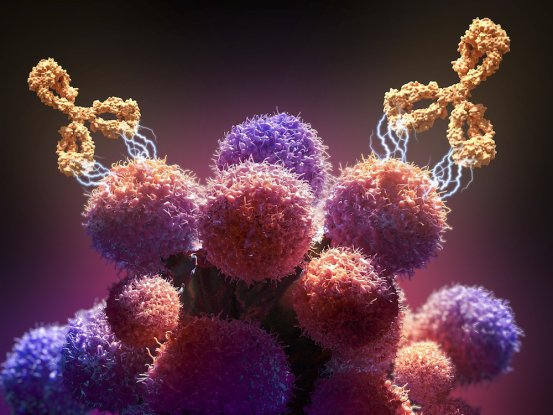Cancer antibodies are transforming the way modern medicine approaches oncology. These sophisticated proteins, developed through years of molecular research, are capable of recognizing and attacking cancer cells with exceptional accuracy. By leveraging the body’s own immune system, antibody-based therapies are paving the way for treatments that are more targeted, less harmful, and uniquely adapted to each patient’s biological profile.

The Science Behind Cancer Antibodies
At the heart of antibody therapy lies the principle of immune recognition. Antibodies naturally detect specific molecules—antigens—on foreign invaders. In cancer treatment, scientists create engineered antibodies that identify antigens found only on the surface of malignant cells. When these antibodies attach to their targets, they can neutralize the cancer cell directly or recruit immune cells to destroy it.
This precision-guided mechanism bridges traditional immunology with cutting-edge biotechnology, allowing for effective cancer targeting while minimizing collateral damage to healthy tissues.
Different Classes of Cancer Antibodies
Several types of cancer antibodies are now at the forefront of clinical innovation:
Monoclonal Antibodies (mAbs): These lab-engineered antibodies target one specific molecule on a cancer cell. They can inhibit growth signals or deliver cytotoxic agents to kill tumors directly.
Bispecific Antibodies: These molecules can bind two distinct targets simultaneously—one on immune cells and one on cancer cells—bringing them into closer proximity for stronger immune response.
Antibody-Drug Conjugates (ADCs): By linking antibodies to chemotherapy agents, ADCs enable direct drug delivery into tumors, significantly reducing the damage to healthy tissue.
Mechanisms of Action
Antibody-based treatments combat cancer through multiple biological pathways:
- Immune System Activation: They attract immune cells like T cells and NK cells to recognize and attack cancer.
- Growth Signal Inhibition: Blocking communication channels between cancer cells halts their proliferation.
- Targeted Drug Delivery: ADCs release anti-cancer compounds precisely at the tumor site.
- Microenvironment Reprogramming: Antibodies can modify the surrounding tumor environment to prevent cancer spread.
Role in Modern Immunotherapy
Cancer antibodies are now a cornerstone of immunotherapy.
Checkpoint Inhibitors (such as PD-1 and CTLA-4 blockers) release the immune system’s natural restraints, allowing it to destroy tumors effectively.
Combination Treatments merge antibodies with chemotherapy, radiation, or other immune therapies to achieve synergistic effects.
Personalized Antibody Therapy tailors the antibody structure to a patient’s genetic and molecular profile for higher treatment precision.
Benefits and Limitations
Antibody therapies deliver numerous advantages—unprecedented accuracy, fewer side effects, and better patient tolerance. Their personalized nature allows oncologists to design bespoke treatment plans based on the specific characteristics of each tumor.
However, the challenges are significant. Tumor cells can evolve to escape recognition, large-scale antibody manufacturing remains costly, and immune-related side effects can occur. Addressing these obstacles is key to making antibody therapy more accessible and sustainable.
Looking Toward the Future
Next-generation antibody therapies will blend artificial intelligence, nanotechnology, and molecular design to improve targeting and adaptability. Scientists are already developing multifunctional antibodies that combine immune modulation and drug delivery into a single molecule.
As innovation continues, cancer antibody therapy stands at the frontier of precision medicine—offering a glimpse into a future where cancer treatment is safer, smarter, and uniquely personal.
